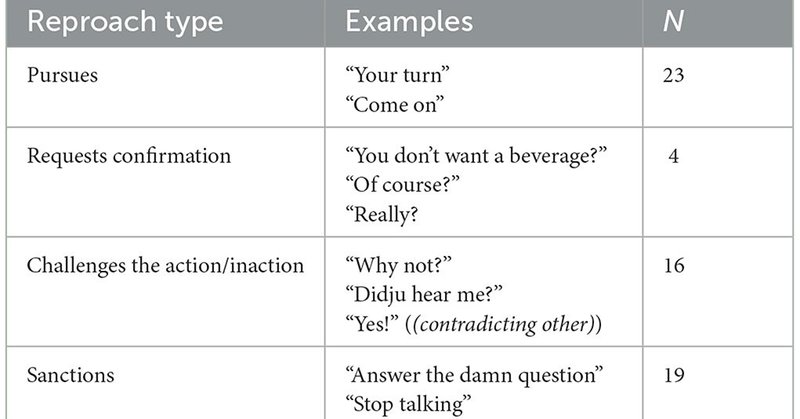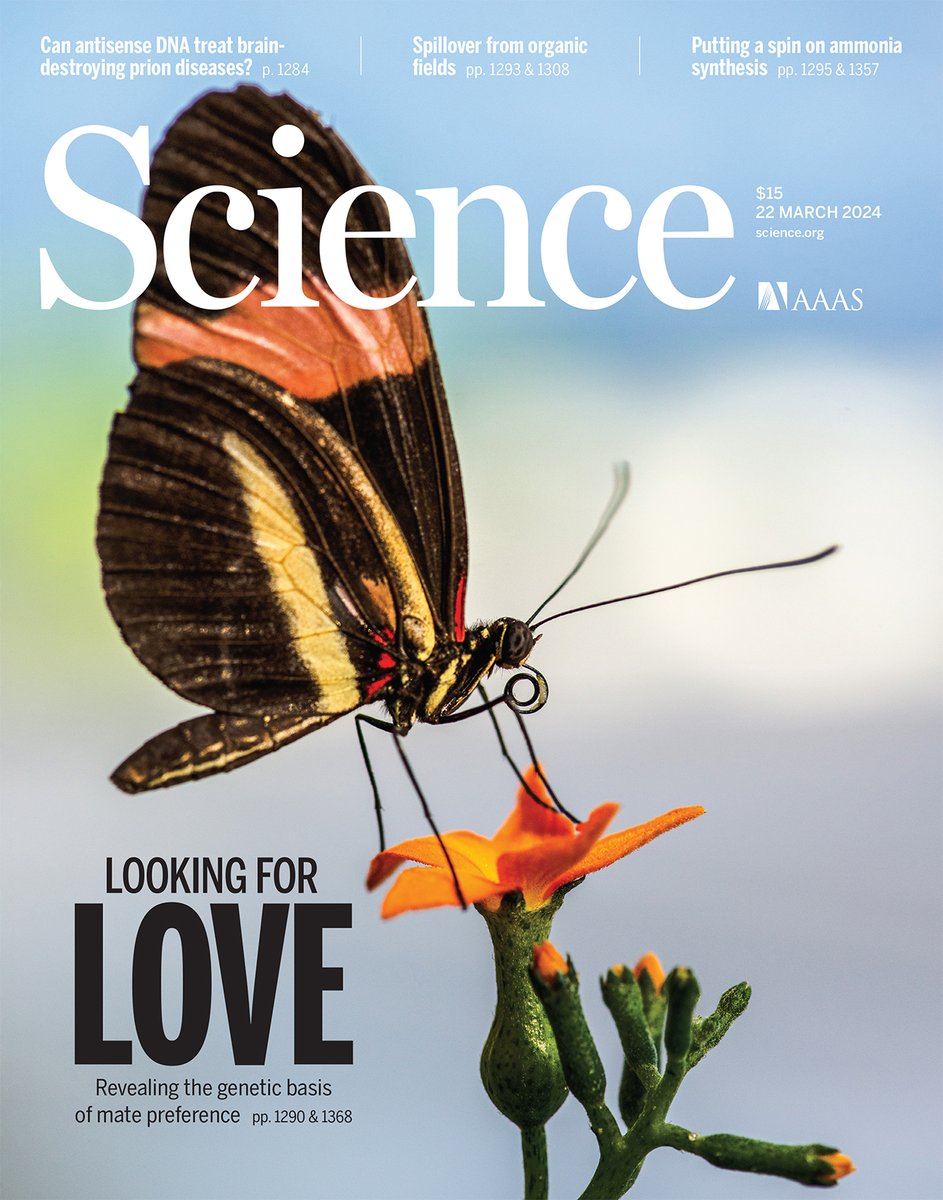
Giovanni Rossi
@gio_rossi_5
Followers
291
Following
39
Media
1
Statuses
65
1/ 📘 Book alert! 🚨 After a long gestation, extensive rewriting, a complex production process, and life getting in the way, it’s finally out* ➡️
academic.oup.com
Abstract. This book is about social action as it is carried out in everyday life. To some readers, the phrase social action may evoke the idea of people ta
2
0
4
1/ 🚨 New study alert! "To Err is Human but to Persist is Diabolical: Toward a Theory of Interactional Policing" with @tanya_stivers and @AndrewChalfoun explores how people handle transgressions of the unwritten rules of social interaction.
frontiersin.org
Social interaction is organized around norms and preferences that guide our construction of actions and our interpretation of those of others, creating a ref...
1
7
24
RT @wrbucla: My new paper with Julieta Goldenberg asks how students who are committed in principle to using preferred pronouns seek to do s….
0
2
0





